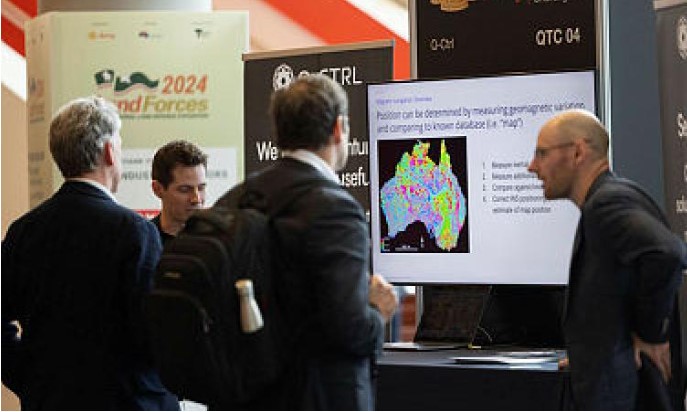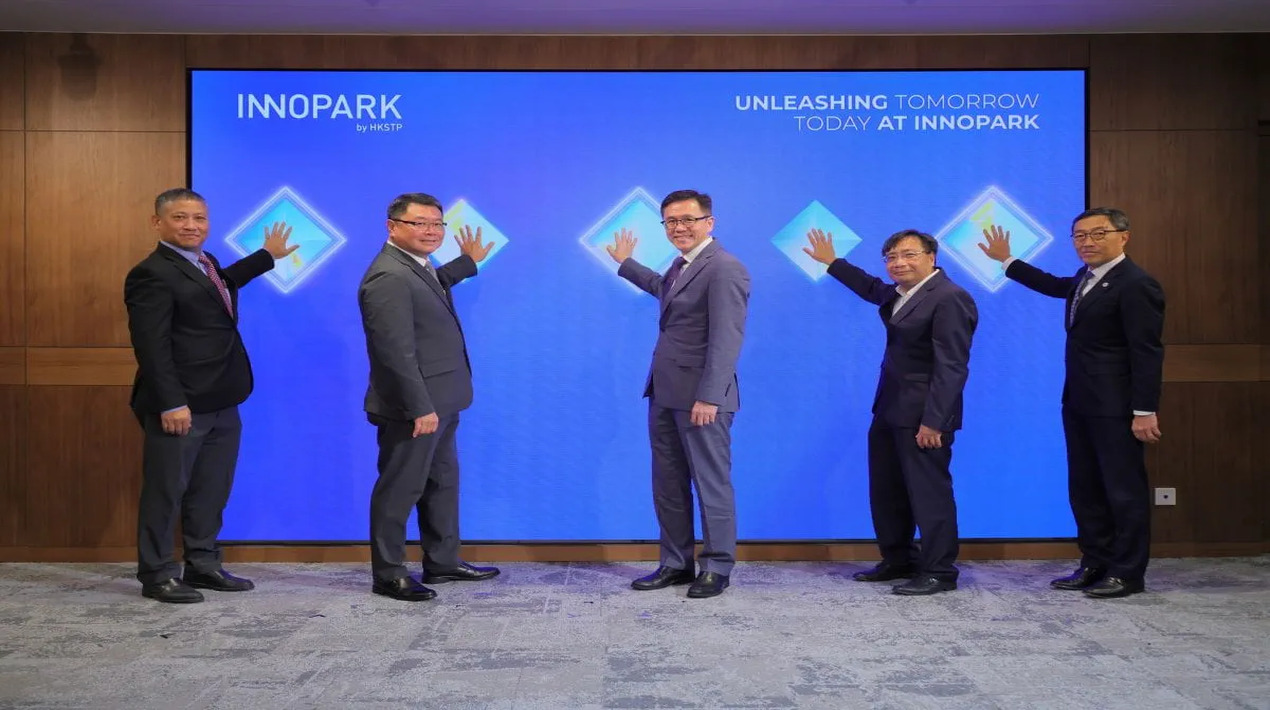
|
Getting your Trinity Audio player ready...
|
The Australian military is leveraging advancements in quantum mechanics to enhance navigation, healthcare, and communication on the battlefield. By applying quantum principles at sub-atomic levels, the aim is to develop advanced computing, communication, and sensing capabilities that could redefine operations in combat scenarios. To explore these possibilities, the Australian Army collaborated with various industry experts and academic institutions during the Army Quantum Technology Challenge, which took place at this year’s Chief of Army Symposium in Melbourne.

Lieutenant Colonel Marcus Doherty, who leads this initiative, emphasised that the project enables the Army to identify optimal uses of quantum technologies and understand their implications for land warfare. A key objective of this effort is to establish sovereign capability by leveraging domestic research to maintain a technological edge over potential adversaries through early adoption of quantum advancements.
One significant development comes from a team focused on creating quantum sensors that could facilitate GPS-independent navigation. Conventional GPS technology relies on satellite signals, which can be susceptible to jamming or spoofing. A proposed solution involves utilising devices capable of detecting motion, gravitational anomalies, and shifts in the Earth’s magnetic field, thus offering accurate positioning data without the need for satellite signals. These innovations could prove critical in ensuring resilient navigation capabilities in contested environments.
A leading researcher in this area, dR Stuart Szigeti, a quantum physicist, outlined that these sensors would operate passively, making it difficult for adversaries to detect or disrupt their signals. Dr Szigeti explained that the objective is to detect variations in gravity and the Earth’s magnetic field during movement, then compare these measurements with an existing reference map. This approach yields dependable location data that operates entirely independently of GPS technology.
Another promising approach under development is a quantum accelerometer-based navigation system. This device monitors changes in speed and direction to determine position with greater precision. When conventional navigational tools are unavailable, the uncertainty regarding one’s location tends to increase over time. However, by employing a quantum accelerometer, this uncertainty can be minimised, allowing for more accurate navigation over extended periods without relying on GPS.
In the realm of communications, research is being conducted to improve radio signal detection through the use of quantum magnetometers. These devices have the potential to detect low-frequency magnetic fields, which can penetrate dense media such as earth and water – conditions under which traditional radio signals are typically obstructed. Michael Barson, a researcher from Monash University specialising in magnetic field measurement, highlighted that magnetic fields experience less attenuation compared to electric fields and normal ultra-high-frequency (UHF) fields, making them suitable for communication in challenging environments.
Dr Barson further noted that the technology could be applied to detect and determine the direction of radio transmissions. Unlike conventional systems that require multiple devices to triangulate the source of a signal, a single vector magnetometer could achieve this by measuring the x, y, and z components of a magnetic field. This capability could greatly enhance situational awareness in complex environments.
Quantum technology’s potential extends beyond navigation and communication. The Army is exploring its medical applications as well, collaborating with the Commonwealth Scientific and Industrial Research Organisation (CSIRO) to develop portable diagnostic tools. CSIRO Quantum Physicist Liam Hall and his team are working to miniaturise large, costly mass spectrometers, typically requiring specialised operation, aiming to create portable diagnostic tools using quantum technology.
Dr Hall described a process in which serum or saliva samples are combined with nanodiamonds and laser light is passed through the mixture. The resulting fluorescence from the nanodiamonds, which varies according to the magnetic field they detect, provides valuable information about the presence of specific biomarkers. This technology could enable on-the-spot health monitoring for soldiers in the field, reducing the need for access to full-scale pathology laboratories.















